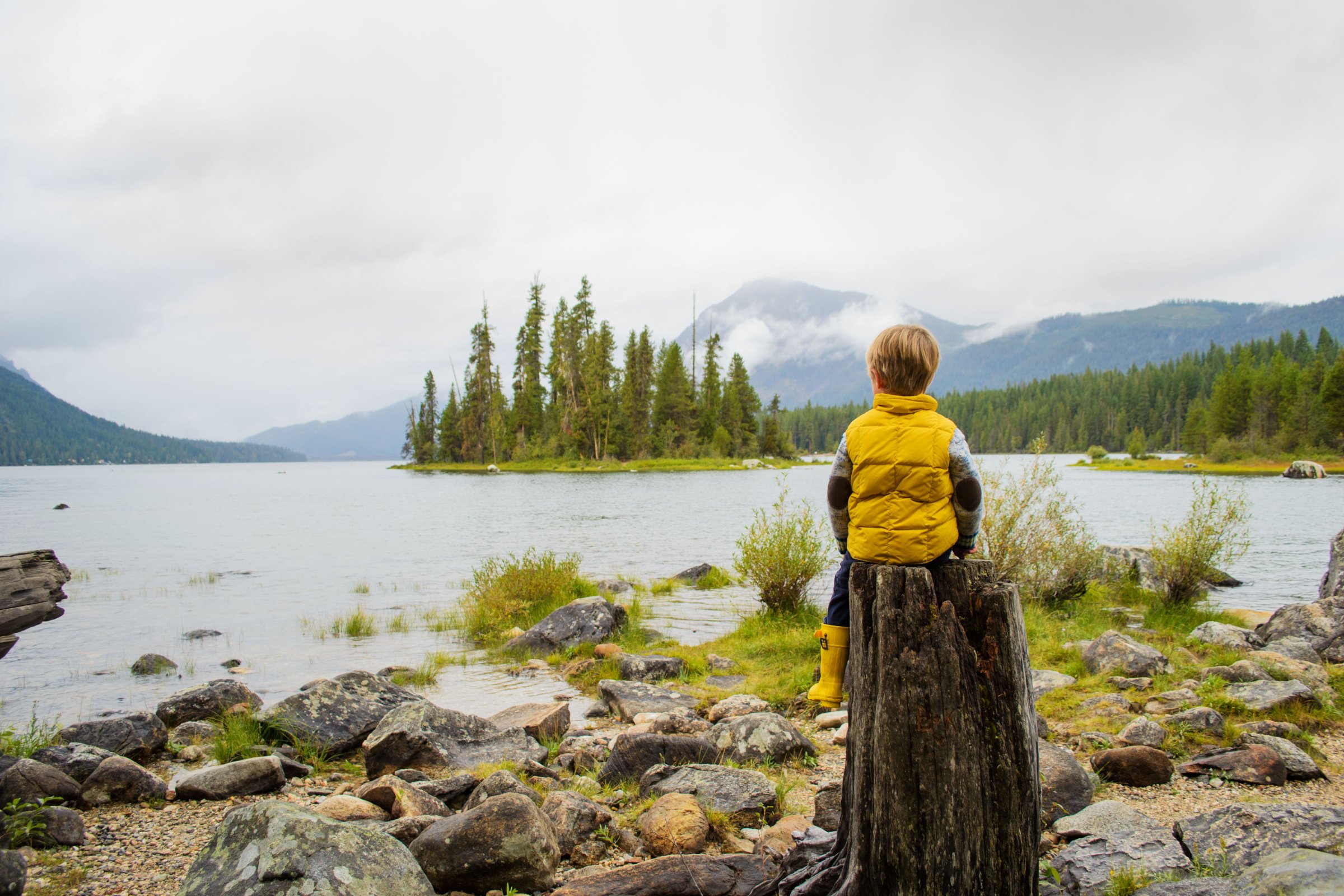
The change in seasons can be crazy: kids barely get unpacked from camp before it’s time to stock up on school supplies and get into the old school/ homework/sporting event routine again
So it might seem like a bad time to try to take a breath and reflect.
But according to Allen McConnell, professor of psychology at Miami University, when we operate on autopilot without taking the time to reflect, we don’t get the most out of any of our experiences. In fact, research shows that just having an experience may not do much for us if we don’t take the time to think about it. Instead, it’s when we “sit back and really appreciate it,” McConnell says, that we “find it much more satisfying and positive.”
And Shauna Shapiro, professor at Santa Clara University and author of Mindful Discipline, notes that mindfulness, which she defines as simply “remembering what actually matters”, has proven benefits that range from reducing depression, anxiety, and insomnia, to increasing immune function. With kids, it’s especially useful in impulse control, attention, and emotional intelligence.
So how can parents help their kids develop habits of reflection and mindfulness?
The first step, according to both Shapiro and McConnell, is for parents to develop habits of reflection and mindfulness themselves. “Parents don’t always realize how big a source of information they are for their kids,” McConnell says. “But kids are really adept at modeling what they see” – even when parents are not trying to teach.
Elementary age kids, Shapiro observes, have a native bent towards mindfulness, as any parent knows who has tried to put together special event, only to find their child fascinated by some simple thing in the environment. The trick for parents is to engage with and cultivate that kind of attention, instead of hurrying them off to something programmed. When a kid stops to look at something, parents can ask kids what they see, and share their own thoughts.
Middle school kids can start to get in the habit of “mentally catching their breath,” as McConnell puts it. Studies have shown that “better behavior comes from taking a moment.” The question to ask in that moment: “Is that really who I want to be?” Parents can help kids with this two ways: by having good conversations with them about who they want to be—and by the simple reminder to take the time to reflect in moments of transition or stress.
High school kids are starting to develop the habits that will carry them through life. So parents can start conversations with them about what practices help them remember what’s really important, whether that’s keeping a journal, or simply taking a moment to collect themselves under stress. A look in the mirror, McConnell says, can be particularly powerful: studies show that many kids who would otherwise cheat on a test won’t cheat when there’s a mirror in the room: literal “reflection” is that important in shaping the way we act. So giving kids the tools to be mindful and reflect also gives them, as Shapiro puts it, “a way to reset the compass of our heart and the direction that we want to go.”
More Must-Reads From TIME
- The 100 Most Influential People of 2024
- Coco Gauff Is Playing for Herself Now
- Scenes From Pro-Palestinian Encampments Across U.S. Universities
- 6 Compliments That Land Every Time
- If You're Dating Right Now , You're Brave: Column
- The AI That Could Heal a Divided Internet
- Fallout Is a Brilliant Model for the Future of Video Game Adaptations
- Want Weekly Recs on What to Watch, Read, and More? Sign Up for Worth Your Time
Contact us at letters@time.com